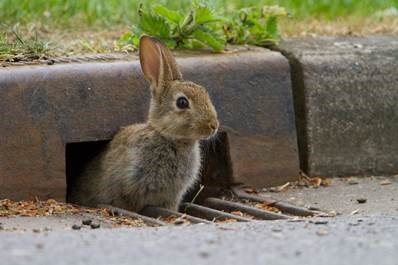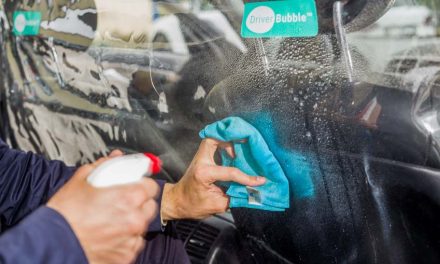Wildlife charity People’s Trust for Endangered Species (PTES) is calling on volunteers across Britain to record sightings of mammals, dead or alive, as part in its annual Mammals on Roads survey.
PTES is asking families going on summer holidays or day trips, car-sharing commuters and anyone else using Britain’s roads, to record sightings of mammals and submit the records via the free Mammals on Roads app – available on both Apple and Android smartphones via Google Play and the App Store. The data collected helps conservationists to see changing population trends and most importantly, identify where conservation action is needed most and for which species.
David Wembridge, Mammal Surveys Coordinator, explains: “Mammals on Roads began over 18 years ago, and though no-one likes seeing roadkill, recording such sightings every year tells us how wild mammals are faring in the surrounding landscape. For example, thanks to the many volunteers who’ve submitted records over the last two decades we found out that hedgehog numbers are plummeting. Now, we’re doing everything we can to help this species, but we wouldn’t have known they were in trouble without volunteers helping us.”
With clear audio descriptions of each mammal, colourful illustrations and easy-to-use navigation, the Mammals on Roads app couldn’t be simpler to use. Set it running at the start of a journey and each sighting can be recorded with a few clicks. The survey should of course only be done by passengers.
The wild mammals you’re more likely to spot from your vehicle include hedgehogs, badgers, rabbits, foxes and deer, but there are dozens of other mammals in Britain, so keep your eyes peeled for some of our lesser seen wild neighbours too, such as stoats and otters.
To further help mammals, last month the Department for Transport announced the launch of a new mammal road sign, featuring a hedgehog, which will soon be on the side of Britain’s roads. The new sign will remind road users to keep an eye out for small wild mammals, in order to lessen the number of collisions involving animals each year. The data collected via PTES’ Mammals on Roads survey will help inform where these new road signs should be placed, in areas where collisions with animals are highest.
David concludes: “Taking part in Mammals on Roads can really make a huge difference and helps ongoing conservation efforts by building a countrywide picture of how mammal numbers are changing. Helping mammals couldn’t be easier, so we hope our regular recorders and lots of new ones will take part this year.”
To take part download the free Mammals on Roads app, and you can also see and post updates on social media using #MammalsOnRoads
Image: A wild rabbit. Credit Paul Bunyard.











